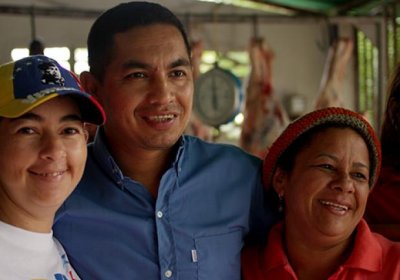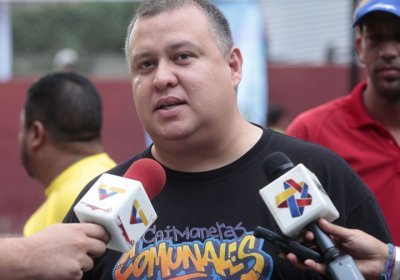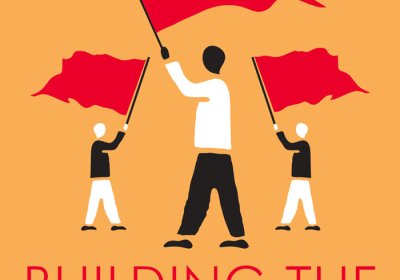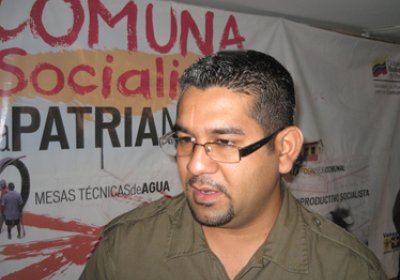Federico Fuentes explains what happened in the Venezuelan elections, what it means and where it leaves the solidarity movement.
communal councils
In part two of our interview, Green Left’s Federico Fuentes speaks to community organiser and Chavista activist Gerardo Rojas about the current state of community organising in the country under the combined impacts of sanctions, opposition political violence and the government’s shift away from promoting people’s participation.
Venezuela’s National Assembly has approved two bills with the aim of further empowering the organisations that lie at the heart of the country's project of communal power, writes Federico Fuentes.
In the midst of Venezuela’s prolonged economic crisis, in which state budgets and support for the governing socialists steadily contract, at least one municipal council is bucking the trend.
The key, according to the local mayor, has been focusing on people’s power and self-management, writes Federico Fuentes.
Representatives of 74 communes — institutions of popular power elected from grassroots communal councils — from across Venezuela gathered in Lara state late last month to participate in the inaugural National Assembly of Communes, writes Paul Dobson.
The meeting of more than 300 commune activists was held to try to strengthen the connections between different communes in a range of areas. This includes linking up productive micro-projects, communicational initiatives and educational networks.
Pacha Guzman, a leading activist with the Venezuelan-based Ezequiel Zamora National Campesino Front (FNCEZ), is touring Australia in March. Guzman will be visiting various cities where she will address public forums and meet with trade unions, politicians and solidarity organisations.
The FNCEZ is Venezuela’s largest peasant-based organisation and a member of La Via Campesina and the Latin American Coordinator of Campesino Organisations.
Revolutionary activist and sociologist Reinaldo Iturriza has spent many years working with popular movements in Venezuela and writing on the rise of Chavismo as a political movement of the poor. He also served as Minister for the Communes and Social Movements, and then Minister for Culture in President Nicolas Maduro’s cabinet between 2013 and 2016.
Together with activists from a range of grassroots revolutionary organisations and social movements, he is standing as a candidate for the Popular Constituent Platform in the July 30 elections for a Constituent Assembly that will seek to find a political way out of the current turmoil gripping Venezuela through the drafting of a new constitution.
Building the Commune
By George Ciccariello-Maher
Verso Books, 2016
Every commune is different, George Ciccariello-Maher says in Building the Commune, but “the coffee is always too sweet, and the process is always difficult, endlessly messy and unpredictable in its inescapable creativity”.
Have you heard about Venezuela's communes? Have you heard that there are hundreds of thousands of people in nearly 1,500 communes struggling to take control of their territories, their labor, and their lives? If you haven't heard, you're not the only one. As the mainstream media howls about economic crisis and authoritarianism, there is little mention of the grassroots revolutionaries who have always been the backbone of the Bolivarian process.








